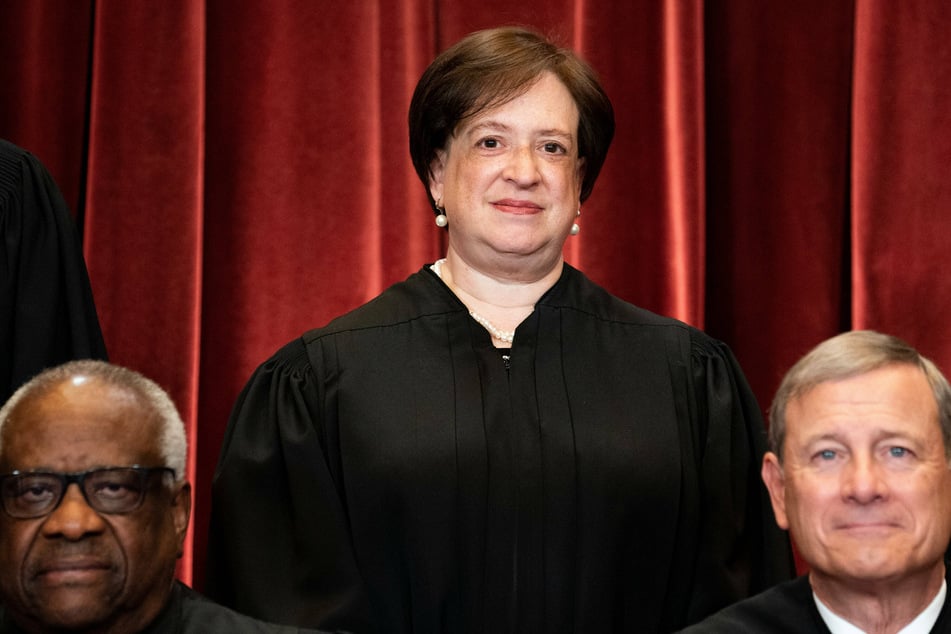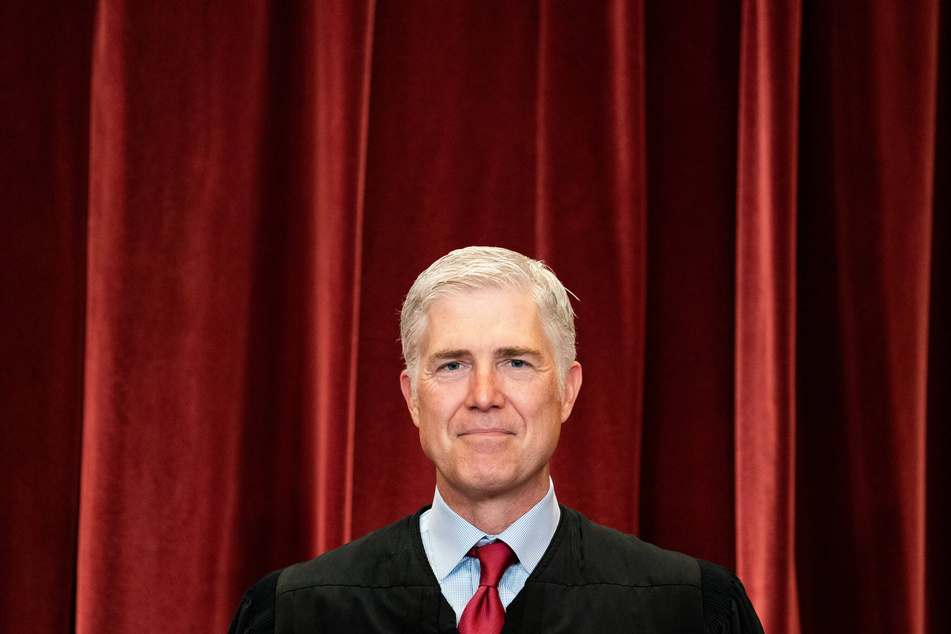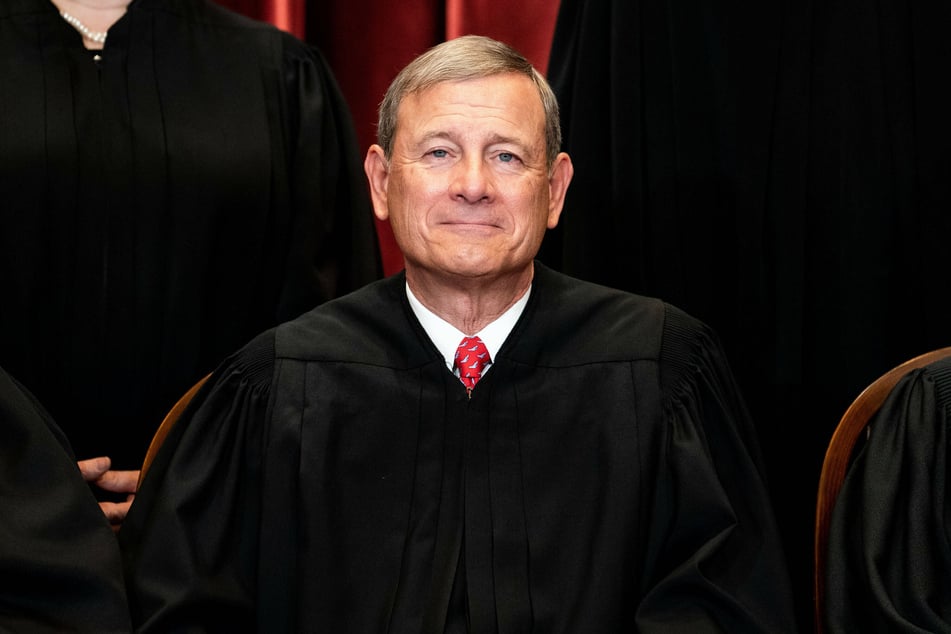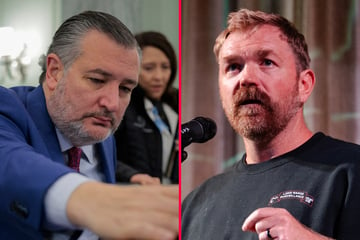US Supreme Court casts doubt on Biden’s jab rule for the workplace
Washington DC – The Supreme Court’s conservative majority cast doubt Friday on President Joe Biden’s plan to require that most American employees be vaccinated for Covid-19 or undergo weekly testing.

The justices agreed to weigh in on the partisan divide over vaccines and hear from lawyers for 27 Republican-led states, who argued the Democratic administration had overstepped its authority.
In their comments and questions, justices sounded split along the same lines, with the three Democratic appointees voicing strong support for Biden’s plan while the six Republican appointees voiced steady skepticism.
Justices Elena Kagan and Stephen G. Breyer said they were astonished the courts might block a requirement for employees to be vaccinated against a virus that has killed more than 800,000 Americans.
Kagan said federal law authorized the Labor Department to adopt "emergency" rules that are necessary to protect employees from a grave danger.
"Why isn’t this necessary?" Kagan said of Biden’s rule to require employees at large companies to be vaccinated or undergo weekly testing. "This is an extraordinary circumstance unlike this country has ever faced before. We know the best way to prevent the spread is for people to get vaccinated."
Breyer said more than 700,000 people have just tested positive for the virus, and hospitals are filling up again.
He said it would be "unbelievable" for the court to say it would "be in the public interest to stop these vaccinations."
Conservatives could put rule on hold

But the court’s conservatives sounded prepared to put the rule on hold.
They are skeptical of new and far-reaching federal regulations, and they questioned whether Congress in 1970 had authorized a regulation that would require vaccinations for 80 million employees.
"This is something the federal government has never done before," said Chief Justice John G. Roberts Jr. He said states have broad authority to set rules for public health and safety, but federal authority is limited.
"It’s our job to decide who decides," said Justice Neil M. Gorsuch, adding the matter should not be left to a federal agency applying a 50-year federal law involving occupational safety.
"It could affect nearly every private business in country, so why isn’t that a major question reserved to the people’s representatives in the state or in Congress," Gorsuch said.
He added that "Congress has had a year to act on a vaccine mandate" but has not done so.
Second vaccination rule could go Biden's way

While most of the justices hinted they would block Biden’s rule affecting employers with more than 100 employees, they sounded closely split on the second rule – also before the court – affecting hospitals and nursing facilities.
That rule, based on the Medicare Act, says all workers in facilities that serve elderly and sick patients must be vaccinated for Covid-19.
Roberts said that measure was closely tied to health care and could be justified in an emergency. But several of the more conservative justices suggested they would vote to block that rule as well.
It’s not clear how the court will proceed. The justices may issue a short-term "administrative stay" to put the rules on hold while they work on an opinion deciding the two cases.
Solicitor Gen. Elizabeth Prelogar, representing the Biden administration, told the court this vaccine rule has the "nearly universal support" of leading medical and public health organizations. She also noted it includes exemptions for medical and religious reasons. The White House said this rule could affect 17 million employees.
But Republican state attorneys sued and won rulings from Trump-appointed judges in Missouri, Louisiana, and Texas, who put the rule on hold in 25 states. They said hospitals in rural areas would lose employees if they were told they must be vaccinated.
The case before the court is called Biden vs. Missouri.
Cover photo: IMAGO / MediaPunch

